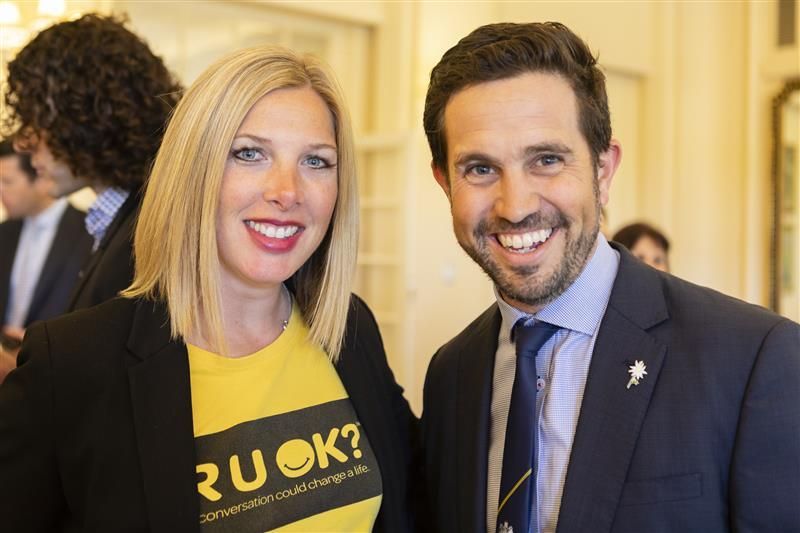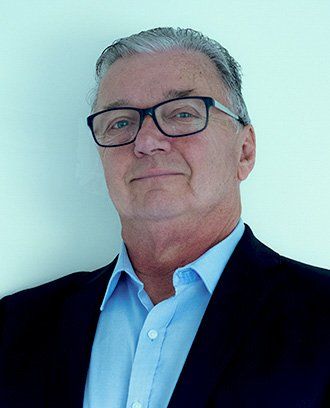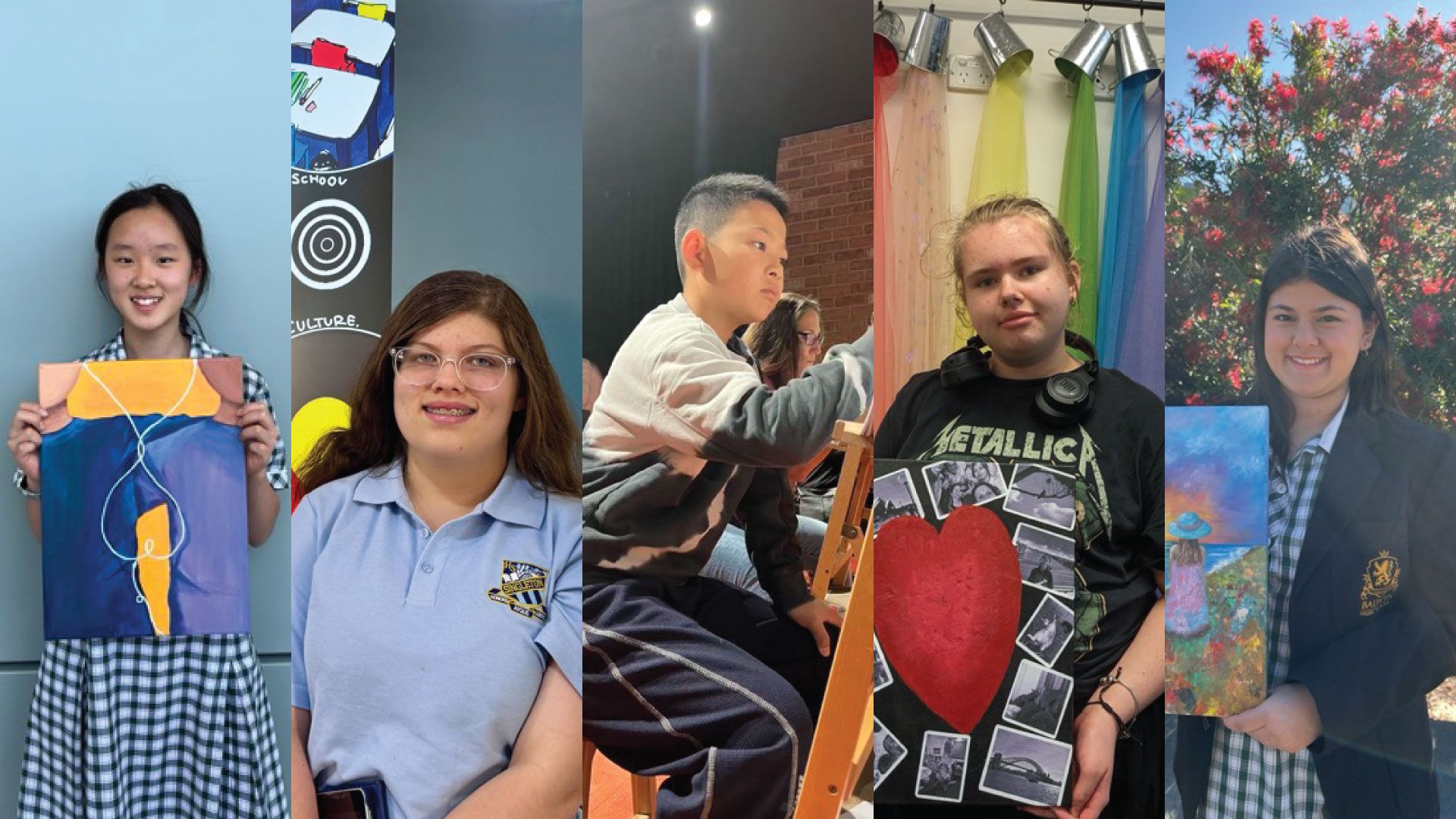Good Workplace Mental Health Begins at Home
Barry Schipplock on how Speaking about Mental Health could save lives
We’ve just marked the anniversary of the founding of RU OK? day. Tragically on the same day at least eight Australians would have taken their own lives and another 250 would have attempted. Suicide is the greatest killer of males, three times more than females.
These statistics are alarming, but more alarming is that despite our best attempts they continue to grow. Deaths by suicide now number twice those killed in motor vehicle accidents on Australian roads.
RU OK? day has been the catalyst to kick-start the conversation and slowly the topic of mental health is losing its taboo status. But as a nation we are not one to share our feelings for fear of exposing our soft under-bellies. There is another factor. People harp on about “work-life balance” and “don’t take your work home with you”.
It’s high time we did the exact opposite!
I don’t mean a briefcase full of paperwork. But share what happened during the day and download any stress or anxiety you might be feeling. I can hear readers saying that their partners wouldn’t be interested. But if you can’t start the conversation at home with someone who loves you then you are even less likely to bring it up with your mates when you’re down at the pub or in the workshop or office.
This doesn’t suggest that mental health issues are only triggered by workplace goings-on, far from it. Personal issues feature on the radar too, but we have a great habit of keeping those to ourselves as well.
We had a terrific young woman working in the office, loved her job, very good at what she did. In the middle of a team meeting she stood up, screamed a string of obscenities and stormed out. We sat there in disbelief unable to think of any cause for her uncharacteristic outburst. She apologetically phoned later to resign. I convinced her to come back in and talk about it.
It was not the job or her workmates or even the boss that was the problem. She was her dying father’s primary carer. The added stress that triggered the outburst was the thought of having to give up a job she loved. Together we created a flexible work plan that enabled her to care for her father and later return to full-time work. If only we’d had this conversation six months earlier.
Start the conversation, share and listen. The life you save could well be your own.
Barry is a consultant to the not-for-profit sector and a
Suicide Survivor. He is a former director of the Brisbane-based mental health charity, Group 16, and for the last six years has volunteered at the Adolescent Mental Health Unit at RBWH.






















